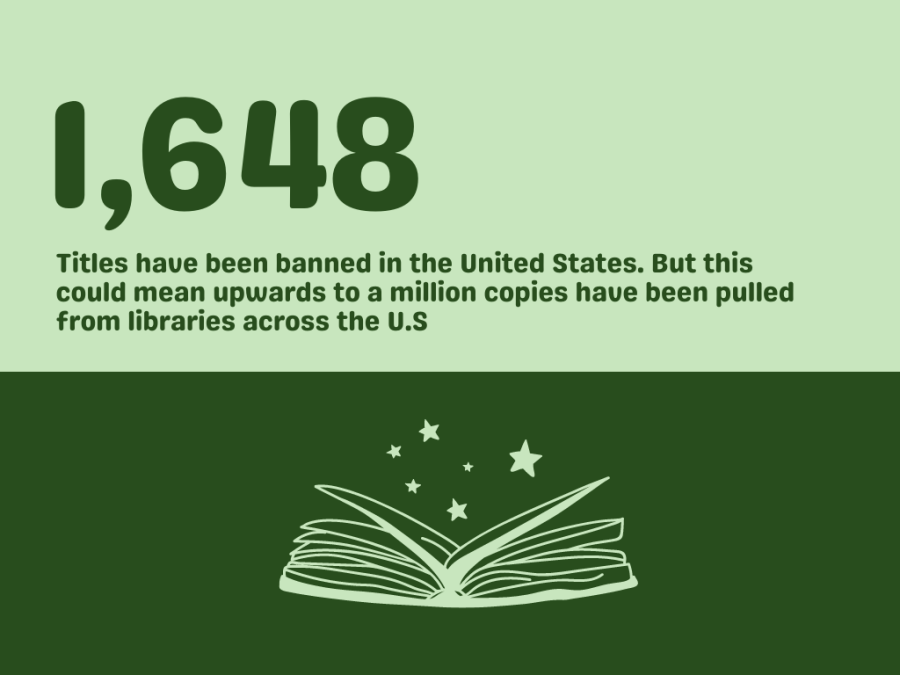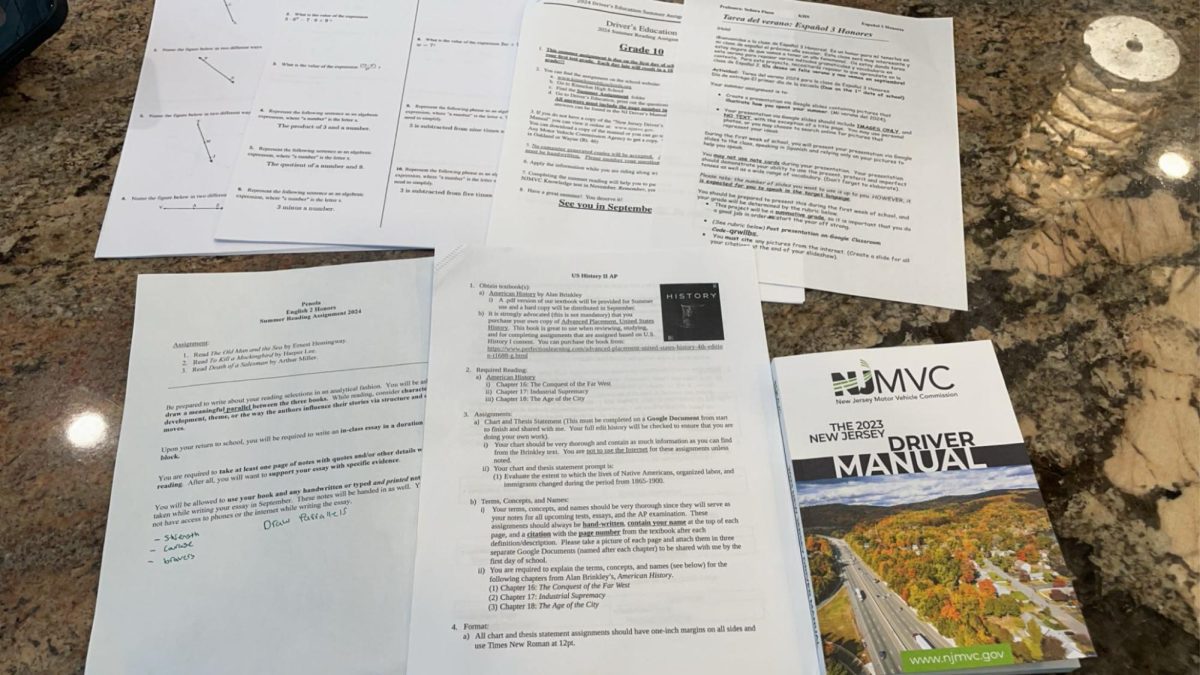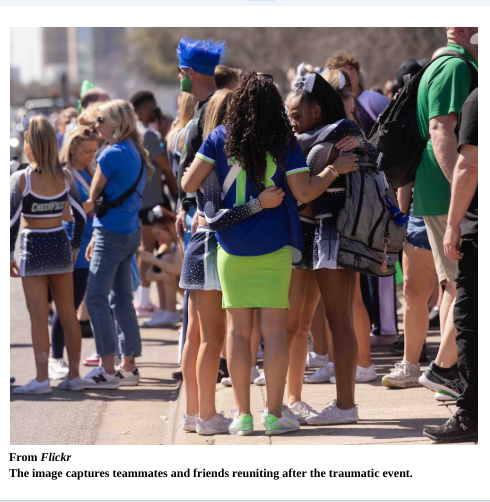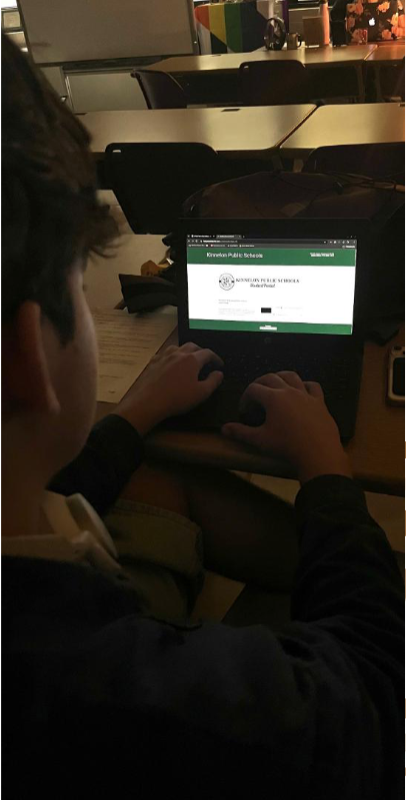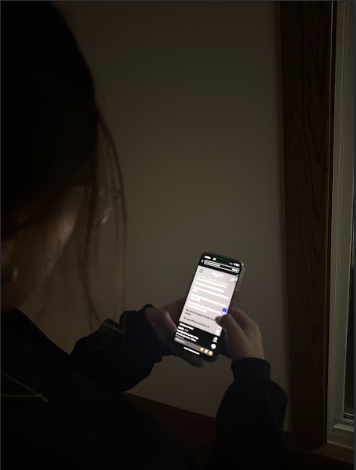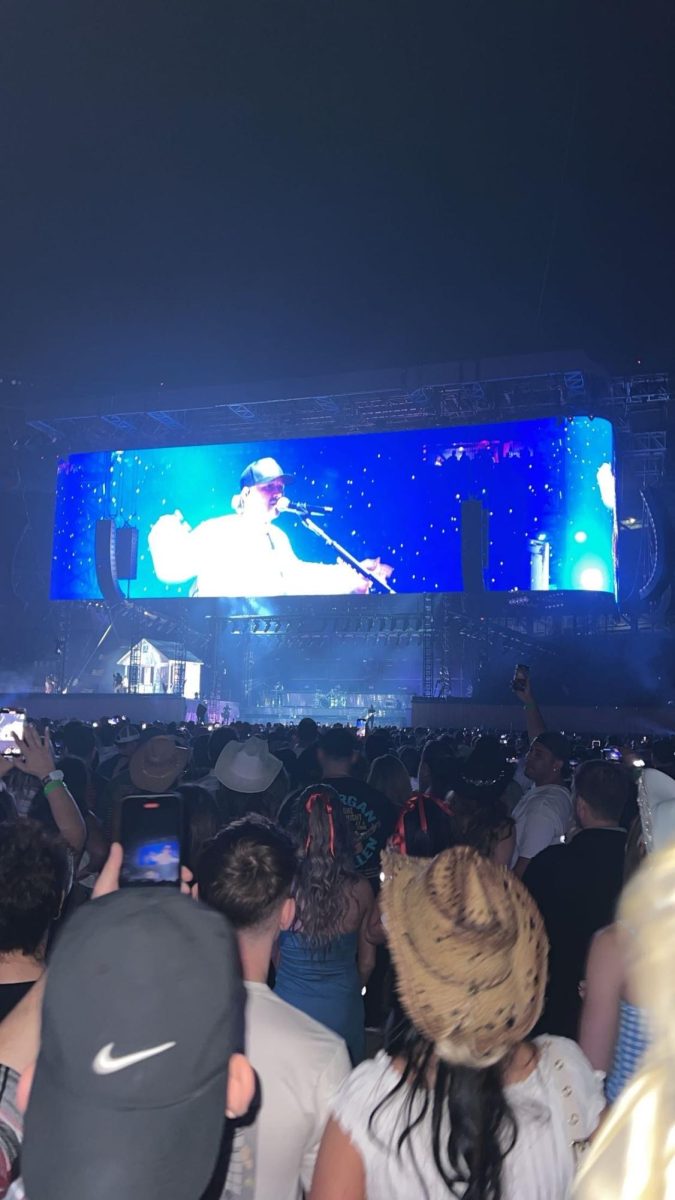Adviser’s Note: The views, thoughts, and opinions expressed in this opinion article belong solely to the author and do not reflect the view of The Colt Chronicle Staff, Kinnelon High School, or its students and staff members.
For as long as writing and free thought have existed, people have sought to censor one another. The most notable example of censorship across the world has been the burning of the Library of Alexandria, but it has not stopped there. When the Spanish came to South America and conquered the Aztec empire, much of their literature was destroyed in an effort to colonize the survivors. Caitlin Ward, a teacher here at KHS, helped to explain when and how censorship was used: “The first most important event of literature and censorship, is the banning of books by the Roman Catholic Church and some Protestant denominations, to maintain their control over thought.”
The U.S has a history of journalistic censorship, particularly in times of war. From the watergate scandal to the fight for women’s and African Americans’ rights, the U.S has silenced journalists in an effort to keep the status quo. Thankfully with the internet, we are able to access a plethora of literature, classics, and journalism.
The people who support book bannings often state that they do not want their kids adopting hurtful habits, being indoctrinated, or being exposed to harmful content. This is a real concern as history has shown literature in schools is a surefire way to persuade the majority of people to one side. The last reason touches upon the themes of books, such as war, hate, and survival. Take Lord of the Flies: it follows a group of boys from ages 5 to 13. The book covers the boys’ survival and deaths, which happens often at the hands of one another
One group in Georgia, “Mama Bears,” have been trying to ban explicit books from their children’s libraries but to do so they have taken to reading some of the explicit content in school board meetings. In a twist of irony, they were thrown out and banned, and now they are filing a lawsuit against the school district about their freedom of speech.
The letter that one of the mothers, Alison Hair, received stated, “It was clear that your intent was not to comment to the Board in the public forum but was to disrupt the meeting of the Board of Education to draw attention to yourself and your beliefs.” This tactic is used to inspire strong emotions and disregard the factual side. The book she read the excerpt from, was about a boy whose father died in the 9/11 attacks. Hair’s son is in middle school and the book covers graphic themes, but that is the level of reading and maturity expected of middle school children.
Many Jewish authors were banned from libraries in schools and public libraries and replaced with anti-semitism literature. We saw this even with England depicting themselves as saviors to “savage” countries; the absence of diversity in libraries leads to indoctrination.
An English teacher at KHS, John Penola, says, “From what I read and from what I’ve seen, it is often used in an oppressive way for those in power to keep those without power, minorities down, to oppress thoughts and ideas which challenge them and make them feel uncomfortable. Censorship is often a way to maintain and abuse power at its worst.”
Now there is one type of book banning I support: Banning books that support racism, falsehoods, or hate speech. They do not add to the literary culture the world knows today. But if a book shows the time it was written (for example, the way the black community is referred to in Huckleberry Finn) then it is fine, so long as the person reading understands how and why some of the words used are now considered harmful and outdated.
Many literary fans have taken up pens and their voices against book banning. This is because most of the books being banned follow the stories of minorities in the country.
“And a lot of books that are banned tackle historical (events), like the Holocaust, and stuff like that. That a lot of people don’t believe happened so they ban books that talk about it,” said Adi Mittler, a junior at KHS who showed her opposition to banning books.
It goes back to the origins of book banning when the winners of wars would paint themselves as heroes and change history to fit their narrative. This kind of event is dangerous not right now but in the long-term setting of history it is. Children will grow up not knowing about leaders against discrimination, like prominent athletes who broke color and gender barriers to people living under oppressive regimes.
Many of the books banned are classics: “To Kill a Mockingbird”, “Huckleberry Fin”, and “The Diary of Anne Frank”. What do these books have in common? Aside from being classics that are taught in school, they show hardships and discrimination.
Florida has recently banned a number of books in order to erase discrimination in the classrooms, whether it be taught or practiced. Although they have good intentions, the banning of books has a much bigger impact than “protecting” the innocence of children.
With the banning of some classic literature, Florida Districts have banned more modern books that surround the LBGTQ+ community and people of color. Whether or not it is the leaders of these districts’ goal, this leads to an erasure of the LBGTQ+ community and their experiences. Many people in this community worry over the safety of gay or transgender children, as many may be raised to internalize homophobia and not have a safe place in literature.
If you would like to read or view any of the banned books as of 2022, please refer to the following link. https://www.powells.com/featured/banned-books-week-2022-blue-room
And for more information on book banning please visit this article: https://pen.org/report/banned-usa-growing-movement-to-censor-books-in-schools/#:~:text=This%20includes%20bans%20on%201%2C648,or%20both%20in%20a%20district

